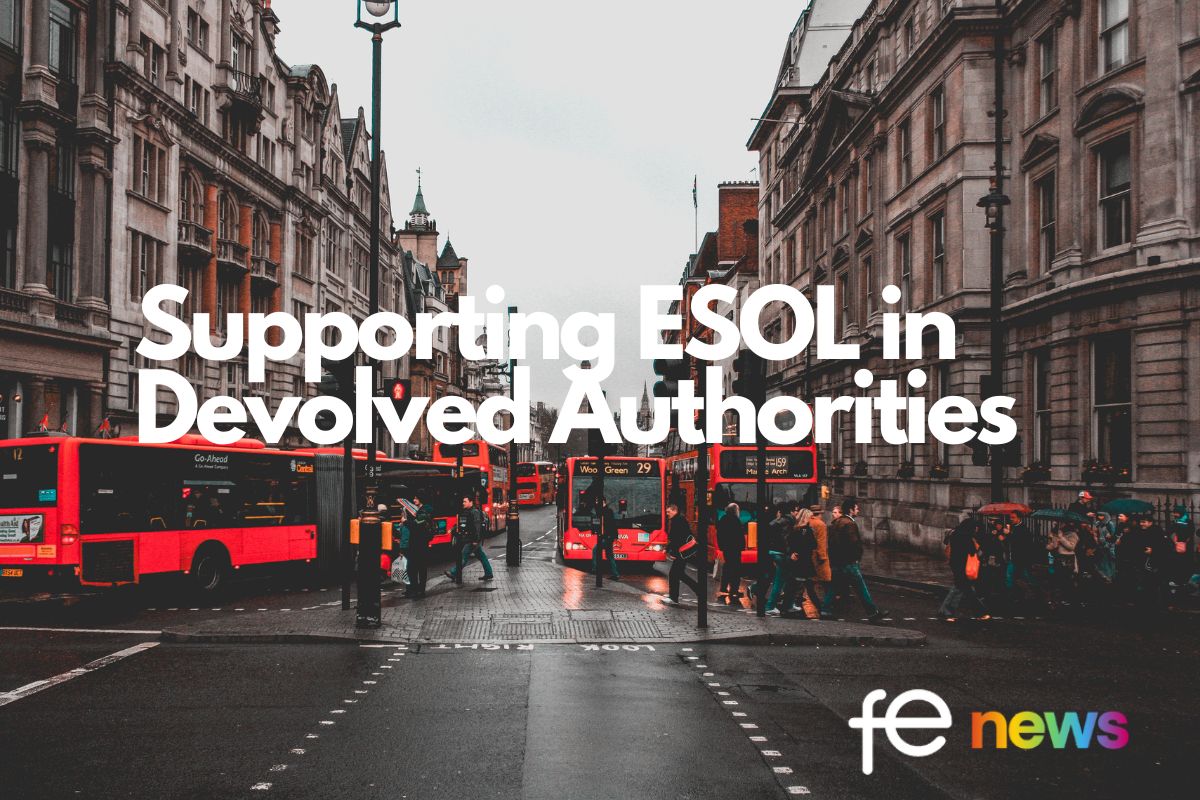The foundations of employability

Employability skills have rarely been out of the news in recent times.
Employers are calling for young people to be ‘work-ready’ and Ofsted has made it clear it’s the responsibility of educators to prepare learners for the most competitive job market in in recent times.
So colleges across England are planning how to ensure their learners develop these skills; be it through tutorial sessions, embedded skills-building, work experience, or enterprise days in collaboration with local businesses. However, what is the purpose of these interventions and how can we know they are actually having an impact?
As the creators of Navigate, the leading employability skills platform, we spend a lot of time with college managers, tutors and learners and have picked up not only an increased urgency to develop employability activity but an uncertainty as to what it actually is, how best to deliver it and how to know when the delivery has been successful – all things that need to be consider well before any actual delivery can take place.
This is, of course, quite understandable. Unlike English or maths, ’employability’ comes with no agreed definition, framework of skills or sequential way of developing. It is not easy to measure learners’ “distance travelled” and, therefore, the impact of the activity they are undertaking.
So how could we begin developing employability skills provision?
To start the process, it may be useful to ask some questions within your college to help develop a strategy:
- What is our definition of employability skills?
- What framework of skills can we attach to this?
- Who should be involved in writing our employability strategy?
- When and where is it appropriate for employability activity to take place?
- What methods will we use to measure learners’ development?
- In what ways will we determine success?
We have spent 5 years helping colleges answer these questions and have found that many stumble on the first question. Agreeing a definition of employability skills is an essential component of the strategy, but not an easy task. To find out if your organisation needs to work on this, just ask 3 people in your college for their definition of employability and see if you get 3 different answers!
To help colleges develop meaningful activity that can be measured we have developed a framework of skills to provide a shared understanding of employability skills. It is flexible enough to fit all delivery models and meets the criteria found in those crucial Ofsted judgements.
You will see our framework starts from the ‘inside out’. This means that it starts with the skills learners need simply to manage themselves before moving on to developing more specific work skills.
The Navigate Skills Framework
| Managing myself | Working with others | Planning my future | Success in the workplace |
| Taking responsibility | Teamwork | CV writing | Decision-making |
| Managing stress | Communication | Job search | Problem-solving |
| Managing anger | Managing conflict | Interview skills | Leadership |
| Budgeting | Relationship skills | Career planning | Customer service |
| Time management | Rights and responsibilities | Enterprise skills | |
| Confidence | Online relationships | ||
| Keeping healthy | Working with different people |
By using the baseline profiles from the many thousands of learners that have taken our online employability assessment since September, we can dig down into this framework to find out the skills that young people in further education need to develop most.
Combined assessment results of all students taking the Navigate employability assessment since September 2015
(10 lowest scoring skills are displayed)
1. Working with different groups of people (average score 3.4 out of 8)
2. Communication (3.6)
3. Customer service (3.6)
4. Decision-making (3.7)
5. Keeping Healthy (3.8)
6. Confidence (3.8)
7. Managing stress (3.8)
8. Interview skills (3.8)
9. Leadership (3.8)
10. Rights and responsibilities (3.8)
You may find that the specific needs of learners in your college are different, which is why baseline profiling is always a useful initial activity. And the benefit of this is, of course, that you direct activity towards the skills that are going to have the most impact.
We know that employability skills development activity and assessment are here to stay, but now is the time to ensure it is built on strong foundations. Developing a robust strategy built around shared understandings of employability and the skills learners need most to develop may well be the best way to do this.
Chris Rowe is director of Navigation Learning, the creators of Navigate, which is the leading employability skills assessment and learning platform for colleges











Responses